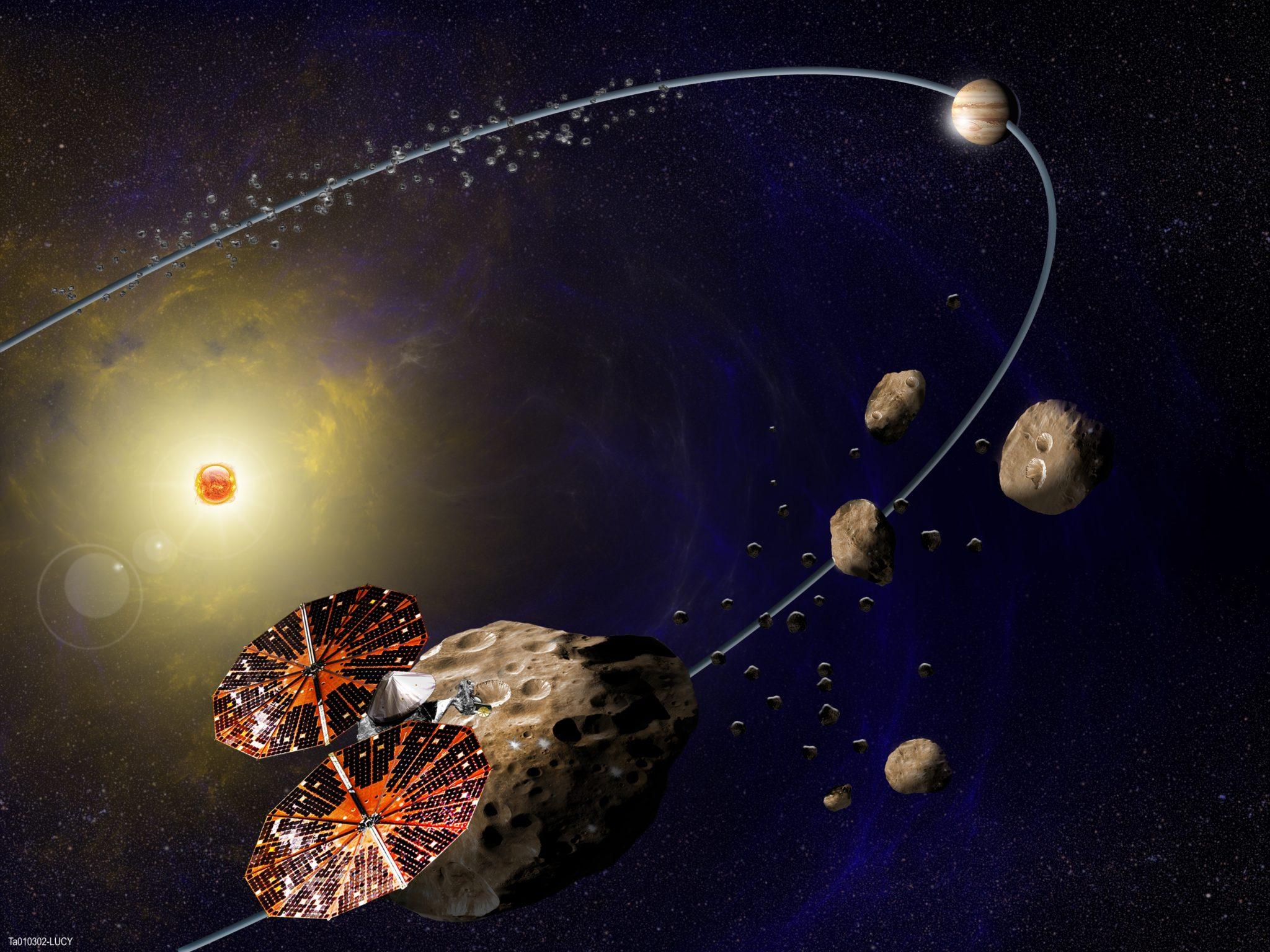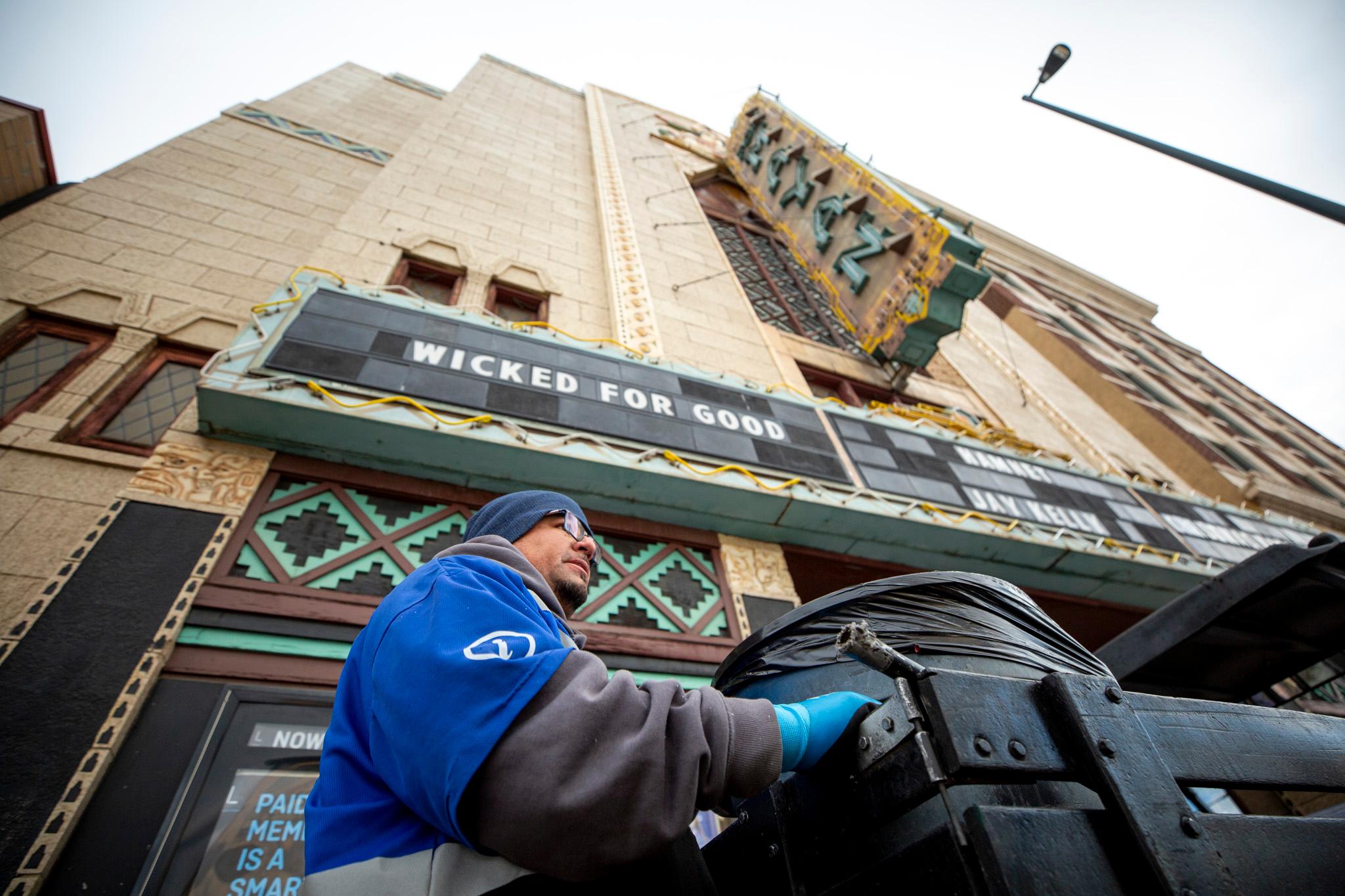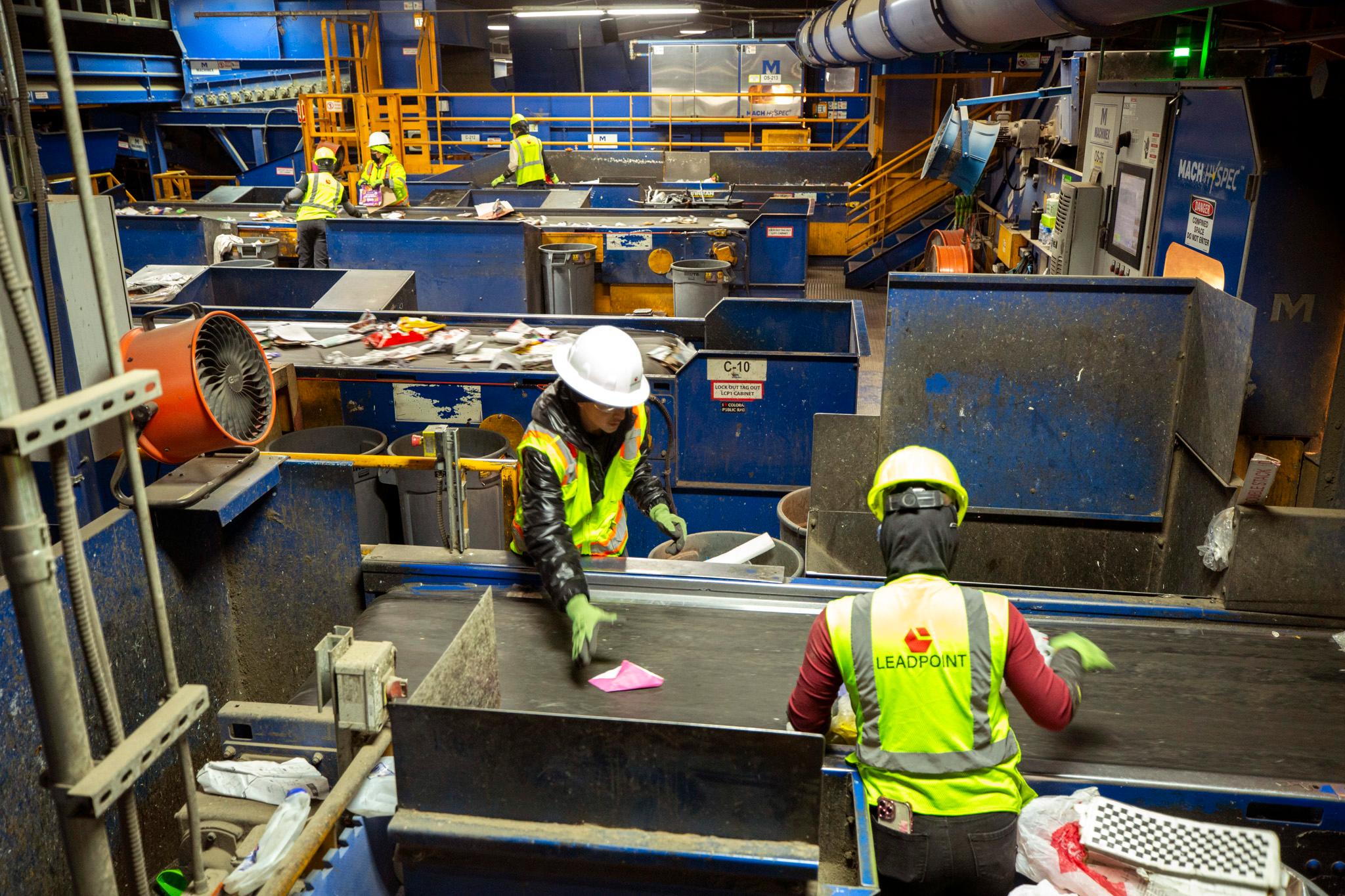
During a conference Wednesday, NASA released the details of its upcoming Discovery Program missions — two asteroid reconnaissance missions intended to launch in 2021 and 2023.
And Colorado is representing in a big way.
From among five finalists chosen last year, NASA selected the Lucy mission for first flight in 2021. Principal Investigator Dr. Harold Levison of Boulder's Southwest Research Institute will lead the Lucy mission and Lockheed Martin will build and operate it.
Lucy, so named for the famous hominin fossil found in Ethiopia, will study six Trojan asteroids orbiting in two clusters around Jupiter. During flybys of the asteroids, Lucy will determine size and density of the asteroids, as well as map surface composition to determine mineral and ice distribution and the presence of organic species. It will determine crater size and shape, crust structure and relative age of the surface, and will also map Jupiter’s rings, according to NASA.
Jupiter’s asteroids have never been studied.
And they will rank among the oldest objects ever studied in our solar system, offering a peek back in history to a time less than 10 million years after the formation of our sun.
"This is a unique opportunity," Levison said in a statement. "Because the Trojans are remnants of the primordial material that formed the outer planets, they hold vital clues to deciphering the history of the solar system. Lucy, like the human fossil for which it is named, will revolutionize the understanding of our origins.”
The mission is set to launch in October 2021, and arrive at the main asteroid belt in 2025. From 2027 to 2033, it will explore the Trojan asteroids.
“This is what Discovery Program missions are all about -- boldly going to places we’ve never been to enable groundbreaking science,” Thomas Zurbuchen, associate administrator for NASA’s Science Mission Directorate in Washington, said in a statement.
Lucy has a cost cap of $450 million, slightly more than half the cost of the OSIRIS-REx Bennu exploration mission. The price tag NASA has called "low-cost" is due in part to renovation of old designs.
Lockheed Martin is basing the new craft on the one developed for the OSIRIS-REx mission, and some of the instruments aboard will be newer versions of those used on NASA’s New Horizons mission to Pluto and the Kuiper Belt.
With Lucy, Lockheed Martin will have participated in seven NASA Discovery Program missions. The company has previously developed parts of the Lunar Prospector spacecraft, the Mars Pathfinder, the spacecraft for two Stardust missions, the Genesis spacecraft, the two GRAIL spacecrafts and the Mars InSight lander, which is set to launch in May 2018.
Lockheed Martin is a Maryland-based global aerospace and defense company with locations in Denver, Englewood and Littleton.
Multimedia business & healthcare reporter Chloe Aiello can be reached via email at [email protected] or twitter.com/chlobo_ilo.
Subscribe to Denverite’s newsletter here.












